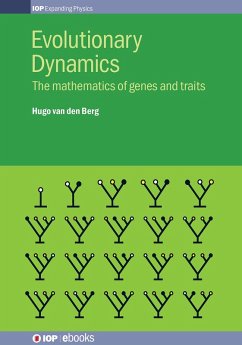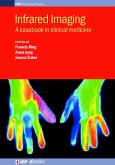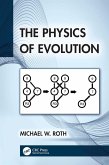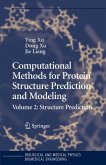- Format: ePub3 enhanced
Written for researchers and postgraduate students with a background in physics or applied mathematics and a desire to apply their skills to problems in the life sciences, this beautifully illustrated and stimulating book develops an understanding of the gene-to-trait problem in the context of evolutionary dynamics, from the modern perspective of integrative biology. The gene-to-trait problem resides at the heart of a great many questions in biology. The author presents both elementary and advanced material in a way that brings out how this gene-to-trait problem is treated in the contexts of bioinformatics and evolutionary dynamics. Key ideas and techniques that underlie some of the most-used bioinformatics methods are discussed in an integrative context and a wide range of examples of mathematical models of living things is developed in an evolutionary framework.
Dieser Download kann aus rechtlichen Gründen nur mit Rechnungsadresse in A, D ausgeliefert werden.









